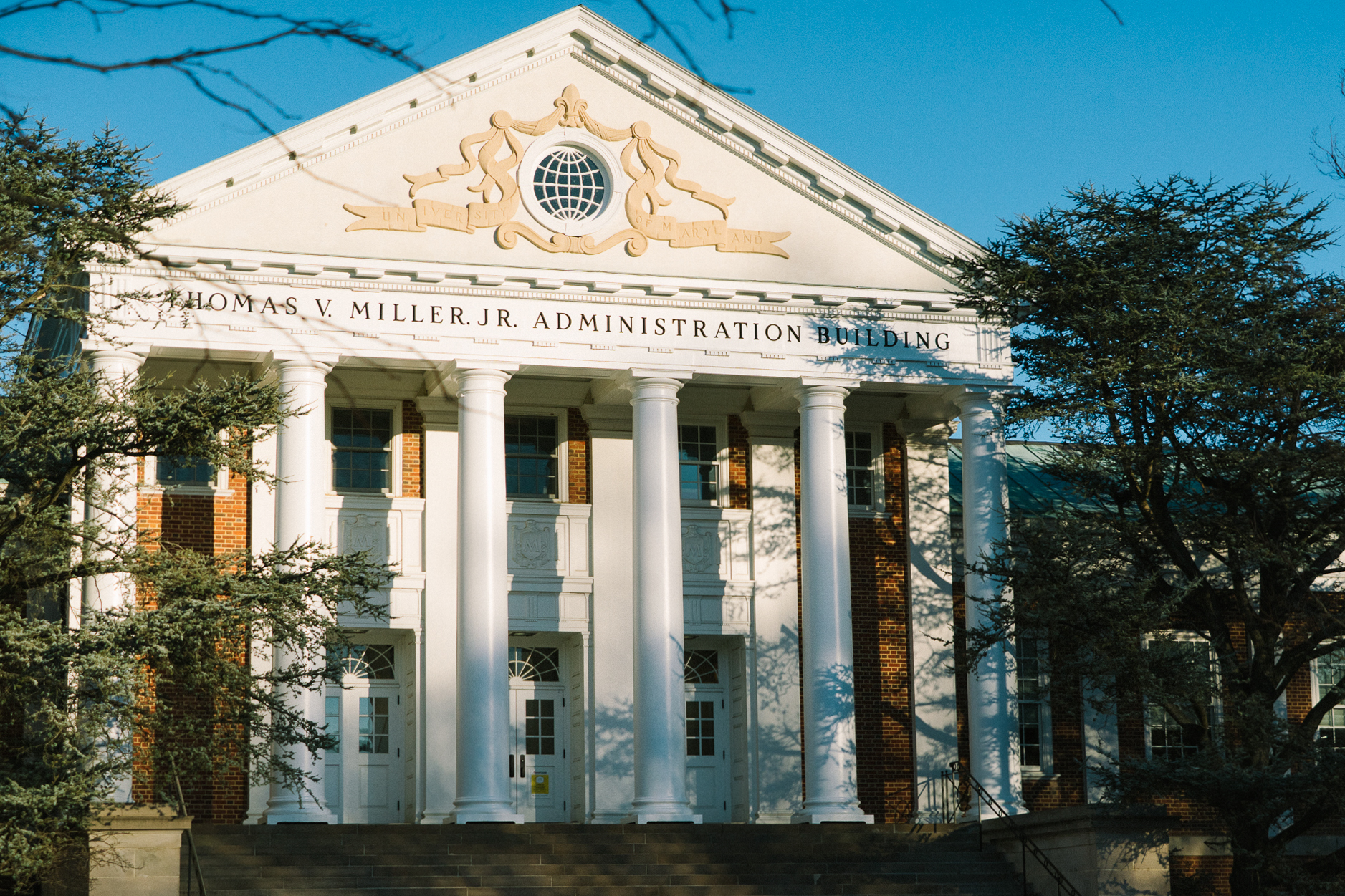The ACLU and other free speech organizations are backing the University of Maryland’s Students for Justice in Palestine chapter’s lawsuit against this university, president Darryll Pines and the University System of Maryland Board of Regents.
The American Civil Liberties Union, the ACLU of Maryland, the Foundation for Individual Rights and Expression and the Knight First Amendment Institute at Columbia University filed an amicus brief Wednesday night supporting the lawsuit, which argues the university violated students’ free speech and First Amendment rights by restricting campus events on Oct. 7.
“Imposing a blanket ban on student speech because of its message — and more precisely, because people find the students’ message controversial or provocative — completely undercuts the University of Maryland’s function as a place of learning, dialogue, and the robust exchange of ideas, and is a clear violation of students’ First Amendment rights,” Nick Taichi Steiner, a senior staff attorney at the ACLU of Maryland, said in a news release Thursday.
A hearing for a preliminary injunction on the lawsuit — which could pause the university system’s limitations on Oct. 7 — is scheduled for Monday morning. Students for Justice in Palestine filed the lawsuit on Sept. 17 in the U.S. District Court of Maryland.
[Students for Justice in Palestine chapter sues UMD, USM for Oct. 7 event restrictions]
The amicus brief asks the court to grant Students for Justice in Palestine’s request for a temporary restraining order and a preliminary injunction.
The Council for American-Islamic Relations and Palestine Legal are representing Students for Justice in Palestine in the lawsuit.
In July, this university’s Students for Justice in Palestine chapter reserved McKeldin Mall for a vigil scheduled for Oct. 7, according to the lawsuit. The group had planned a vigil with Jewish Voice for Peace to honor Palestinians killed in Gaza in the last year. The vigil would feature teach-ins about Palestinian history, Palestinian art and culture and an interfaith prayer, the court documents said.
A letter campaign addressed to university and university system administrators opposed the reservation and cited concerns the event would create a “hostile environment for the Jewish community,” The Diamondback reported earlier this month.
University administrators informed leaders of the Students for Justice in Palestine chapter on Sept. 1 that their approved reservation was revoked, according to the lawsuit.
Shortly after the meeting, Pines sent a campuswide email announcing the University System of Maryland and this university would limit “expressive events” on Oct. 7 to only university-sponsored events, the lawsuit said.
Oct. 7 marks one year since Hamas killed about 1,200 people in Israel and took about 250 people hostage, according to the Associated Press. Israel declared war on Hamas the next day, and Israel’s military forces have since killed more than 41,000 people in Gaza, the Associated Press reported Thursday.
[USM limits Oct. 7 campus demonstrations to university-sponsored events after backlash]
“Instead of silencing students and policing their grief, the university should uphold its commitment to fostering an environment where all students can freely express their views, even on the most challenging days,” Alex Abdo, litigation director at the Knight First Amendment Institute at Columbia University, said in Thursday’s news release.
The Wednesday amicus brief asserted the restriction on student events is content-based discrimination because of the “uniquely resonant day” events were limited. The university and university system will likely only enforce a ban on expressive events related to Israel and Palestine, not unrelated events across campuses, the brief argued.
“Such a ban would be impossible to enforce and would amount practically to a total shutdown of the university’s core functions,” the amicus brief reads. “Plainly, the University means to restrict expressive events about Israel and Palestine on October 7, and will enforce its ban on ‘expressive events’ with that priority, on those contents, in mind.”
The University System of Maryland and the University of Maryland do not comment on pending litigation. The Maryland Office of the Attorney General declined to comment on the lawsuit.



